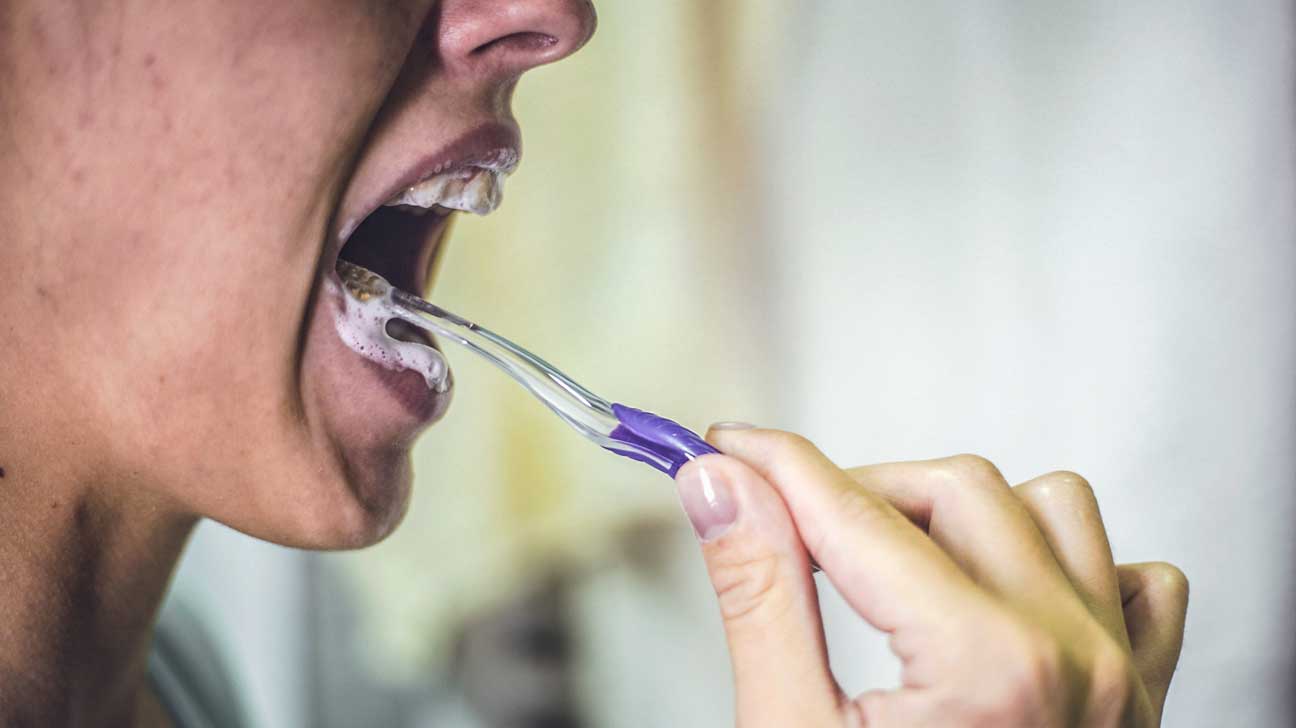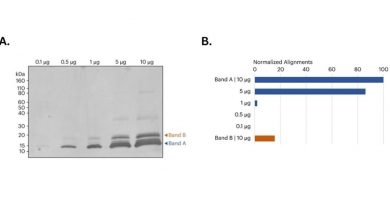Why Controversial Ingredient Triclosan Is in Toothpaste but Not Bodywash
The substance has been banned from certain bodywashes but is still allowed in toothpaste.

Whether you’ve heard of it or not, you’ve probably encountered it.
Triclosan is an antibacterial ingredient that’s added to many consumer products. It’s contained in some first aid products, cosmetics, clothing, kitchenware, and toys. It’s also found in at least one toothpaste in the United States.
But the ingredient has become controversial in recent years.
While triclosan can help kill harmful bacteria, some researchers have warned that it might also pose health risks, and the U.S. Food and Drug Administration (FDA) has even ruled against the substance being used in certain bodywashes and bar soaps.
The controversial ingredient is also being linked to potential health risks — at least in animal studies. Here’s what you need to know about the latest research.
Multiple studies raise concerns
A recent study published in Science Translational Medicine found that triclosan altered gut microbiota and contributed to colon inflammation in mice.
To assess the effects of triclosan, the research team fed mice relatively low doses of triclosan for three weeks. The mice developed blood levels of triclosan that were similar to levels reported in humans exposed to this ingredient.
“The dosages that they used in the animal diets led to blood concentrations of TCS [triclosan] that are relevant to actual human exposures, lending relevance to this study,” Julie Gosse, PhD, an associate professor of molecular and biomedical sciences at the University of Maine, told Healthline.
Triclosan exposure also increased the number and size of tumors in mice with colon cancer. Based on these findings, the authors suggest that more research is needed on the effects of triclosan on human health.
Gosse was not involved in that particular study. However, she’s conducted research on triclosan.
In her most recent research on the topic, Gosse and colleagues found that triclosan disrupts mitochondrial function and mast cell signaling in human and mouse cells.
This may have negative effects on the immune system and other cellular processes.
“We also found inflammation caused by triclosan in cell culture, in primary human skin cells, which are directly exposed when humans come into skin contact with triclosan-containing products,” Gosse said.
Other research teams have also found evidence of adverse health effects associated with triclosan.
In a review article published in 2017, Gosse and her co-author reported that triclosan has been associated with cancer development and decreased cardiovascular function in mice.
Some studies in humans also suggest that triclosan exposure might have negative effects on fertility, fetal development, and rates of asthma.
Bacteria that are exposed to triclosan can also become resistant to it, which has raised concerns about triclosan’s role in antibiotic resistance.
Due to these concerns, Gosse and others have called for more research on triclosan and its effects.
Banned in some products but not others
In 2016, the FDA ruled that triclosan can no longer be included in over-the-counter bar soaps, liquid soaps, or bodywashes in the United States. According to the FDA, the agency hasn’t received enough evidence that triclosan provides benefits in those products.
The agency has also banned triclosan from hand washes and antiseptic rubs used in medical settings, due to a lack of data on safety and effectiveness. On the other hand, the FDA does allow triclosan to be included in toothpaste, including Colgate Total toothpaste. A spokesman pointed out that the toothpaste was found to be safe and effective.
“Colgate Total Toothpaste was approved in 1997 as a nonprescription toothpaste containing active ingredients of fluoride (for cavity prevention) and triclosan (which was shown to be effective in reducing plaque and gingivitis),” a representative of the FDA’s Division of Health Communications, Center for Drug Evaluation and Research, told Healthline by email.
“During that approval process,” he continued, “the safety and effectiveness of Colgate Total were evaluated to determine its benefit/risk profile.”
“Based on the scientific evidence,” he added, “the balance of benefit and risk were shown to be favorable for this product.”
According to the FDA’s representative, the agency has continued to monitor the medical literature and other sources of data on the safety of triclosan.
To date, information from those sources has not changed the FDA’s risk/benefit assessment for Colgate Total.
Moderate-quality evidence suggests that triclosan-containing toothpaste does help reduce plaque and gingivitis, compared with toothpaste without triclosan.
Gingivitis can cause redness, irritation, and swelling of the gums. In severe cases, it can also lead to tooth loss. For people with a history of gingivitis, the benefits of triclosan in toothpaste might outweigh the downsides. But Gosse also wants people to know about the risks.
“Our job is to do the best science we can do and make people aware,” she said, in a press release from the University of Maine. “As scientists, we communicate our findings, and the public, companies, or government decides what they should do.”
Source: Read Full Article



